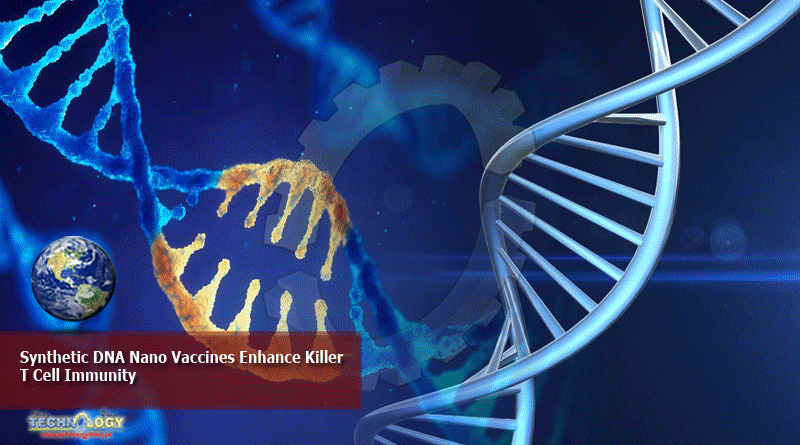One of the advantages of synthetic DNA technologies over other methods is the versatility of the platforms

Researchers Designed DLnano Vaccines Displaying 60 Copies Of Protein Parts Derived From Melanoma-Specific Antigens Trp2 & Gp100 & Tested These In Mouse Models Of Melanoma.
Observing prolonged survival that depended on CD8 T cell activation both in therapeutic and prophylactic settings.
Said Ziyang Xu, Ph.D., A recent doctoral graduate working at Wistar and the first author of the study. “DLnano-vaccines may be designed for various cancer targets and our study shows this is a promising strategy for cancer immunotherapy that may warrant further testing.”
To elucidate the mechanism through which DL Nano Vaccines activate CD8 T cells, the team studied the effects of the DNA-launched version of a previously described HIV nanoparticle vaccine (eOD-GT8-60mer). They observed that DLnano-vaccines administered via electroporation resulted in transient muscle cell apoptosis that attracted macrophage infiltration at the injection site, which in turn was instrumental to activate CD8 T cells.
DLnano-vaccines were developed using synthetic DNA technology in collaboration with the lab of David B. Weiner, Ph.D., Wistar executive vice president, director of the Vaccine & Immunotherapy Center, and the W.W. Smith Charitable Trust Professor in Cancer Research and also a co-senior author on the study.
This news was originally published at sciencedaily.com
